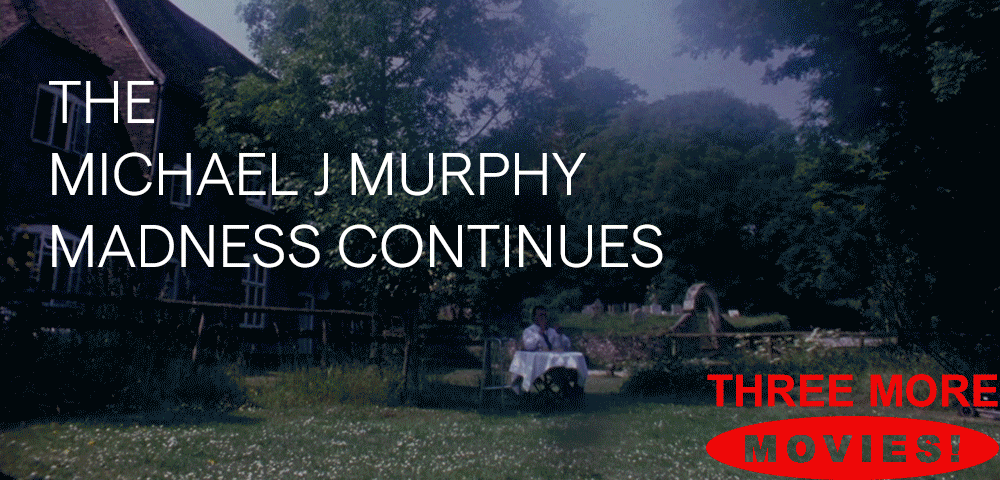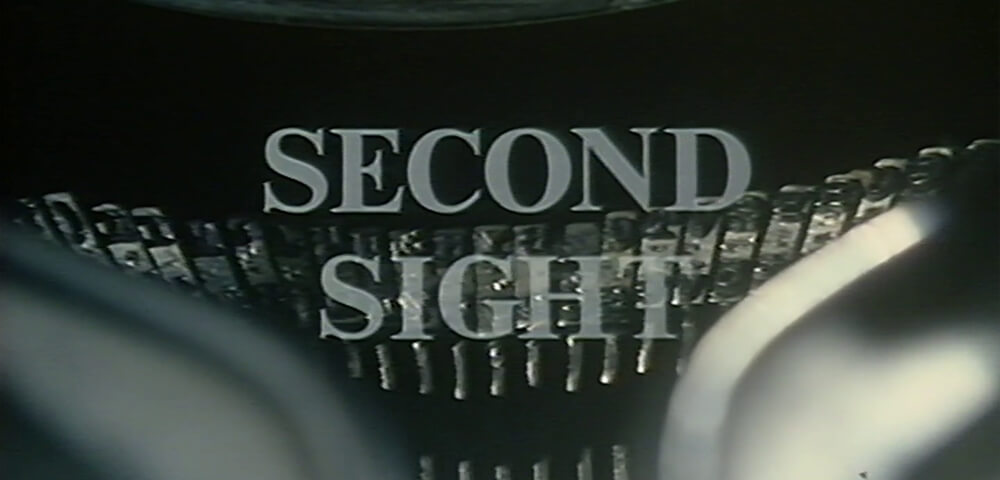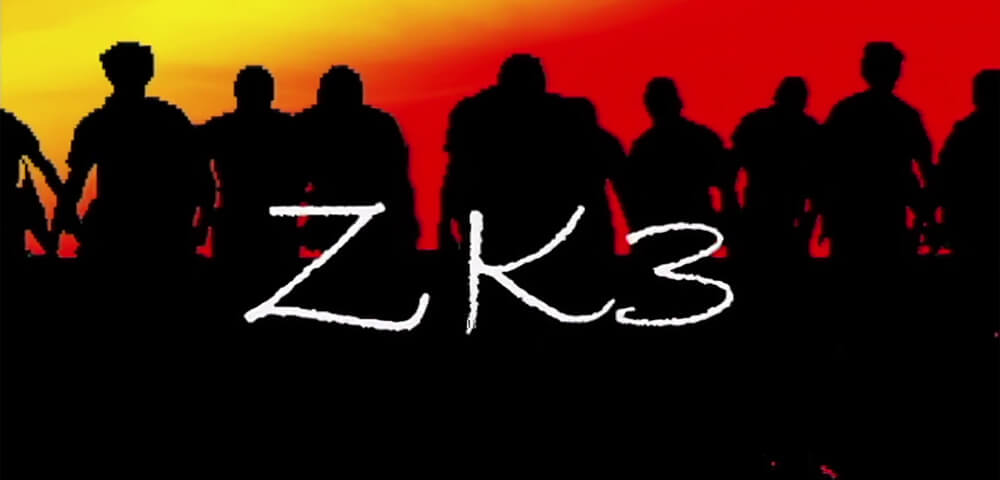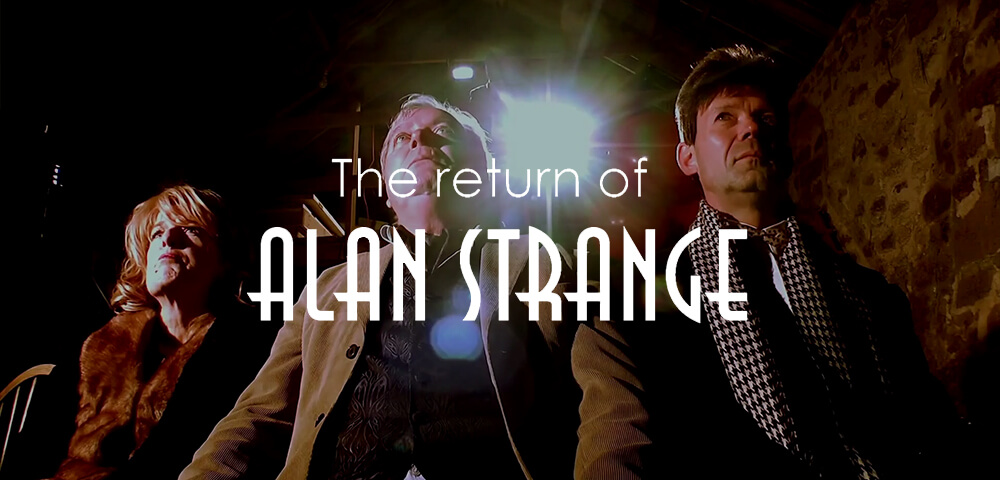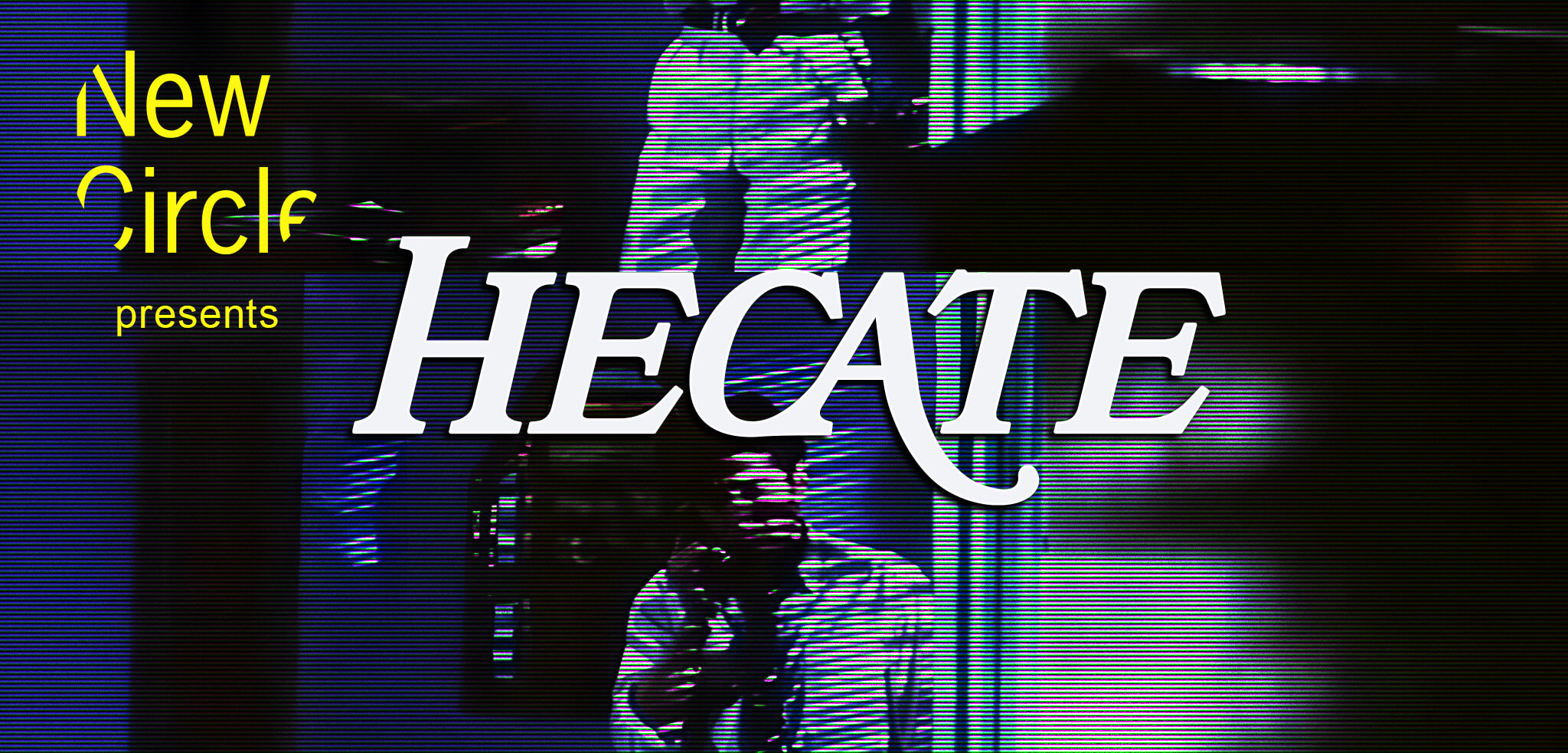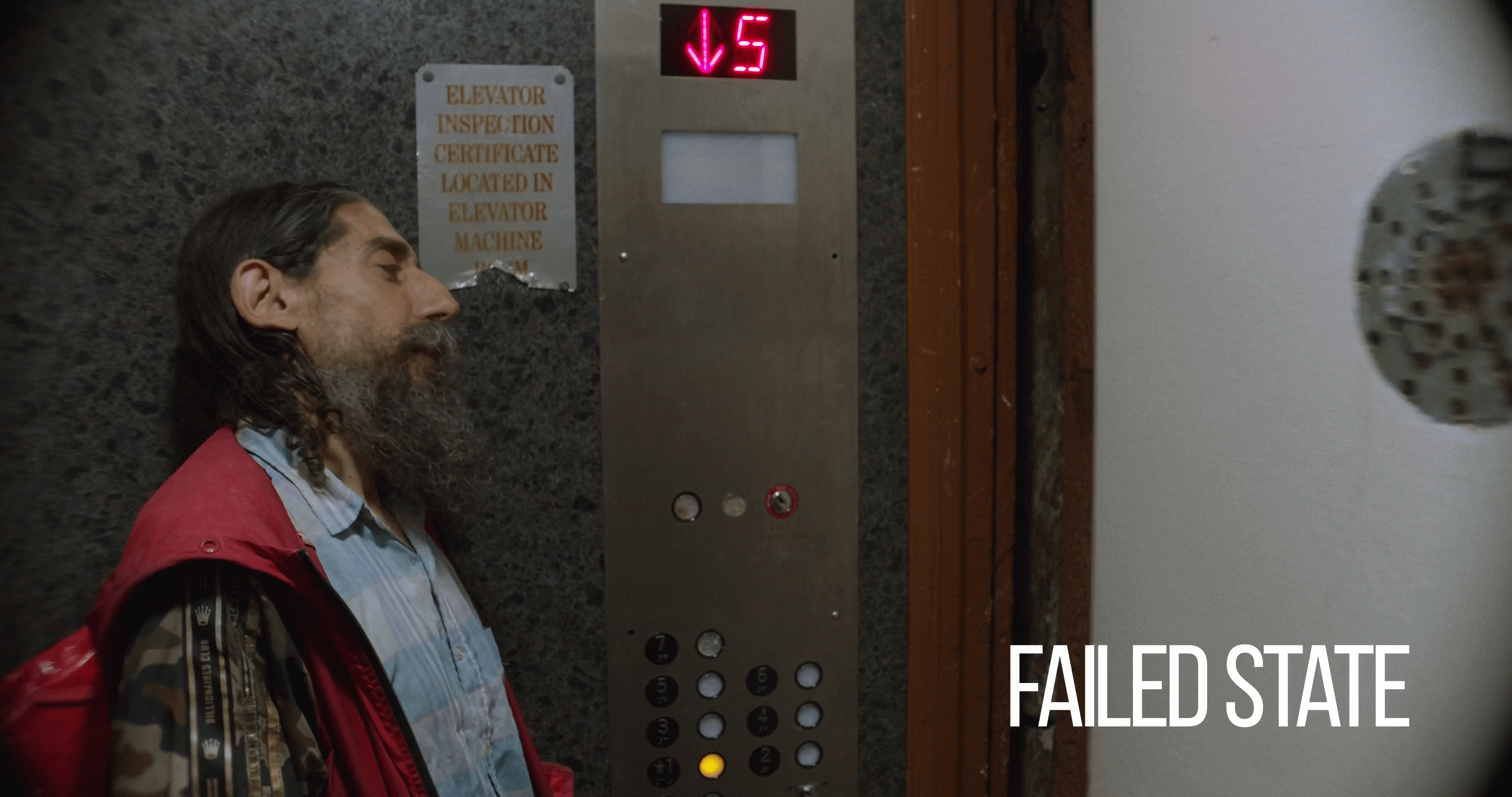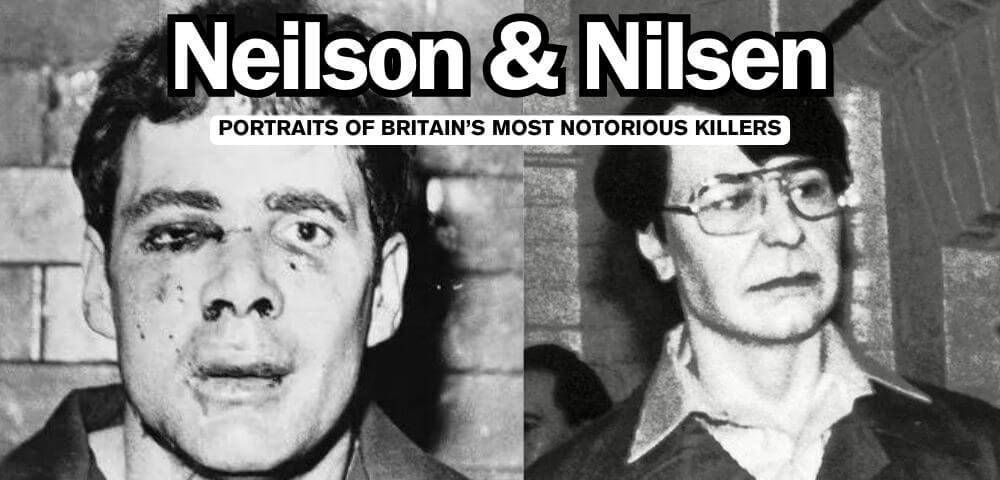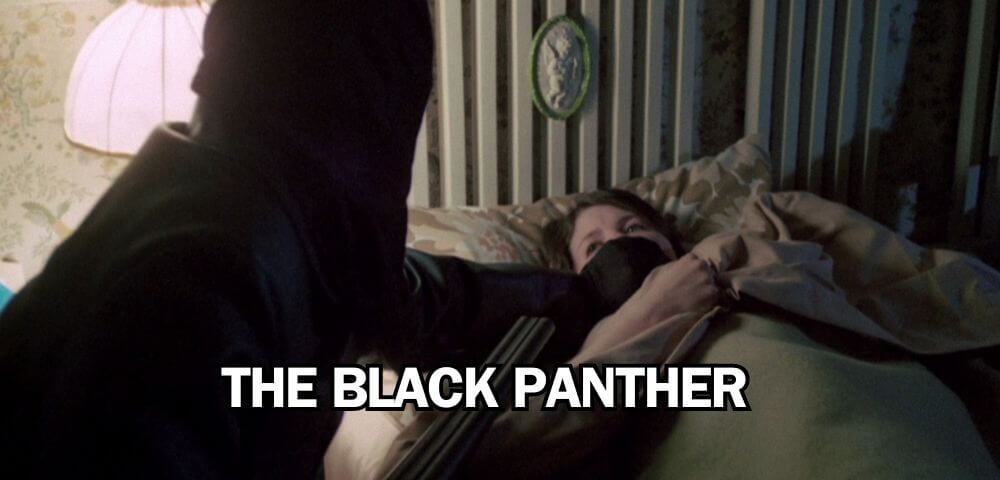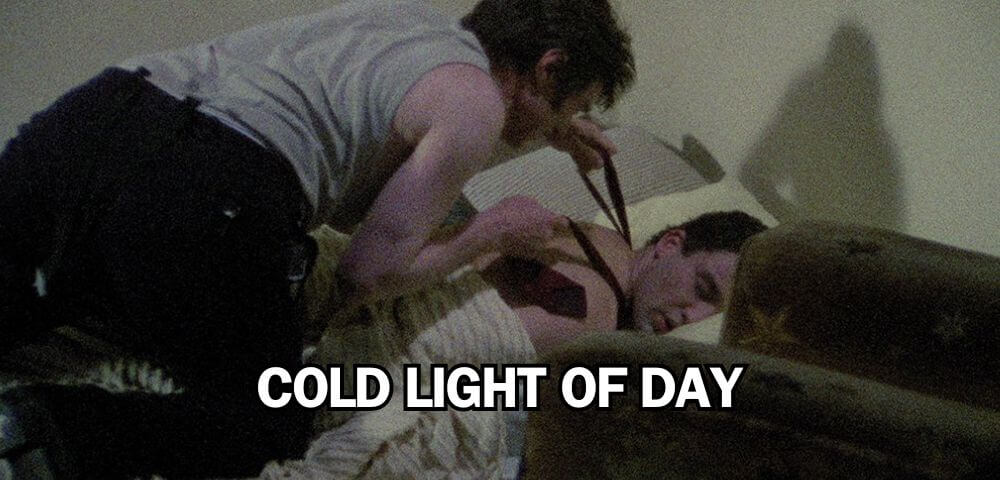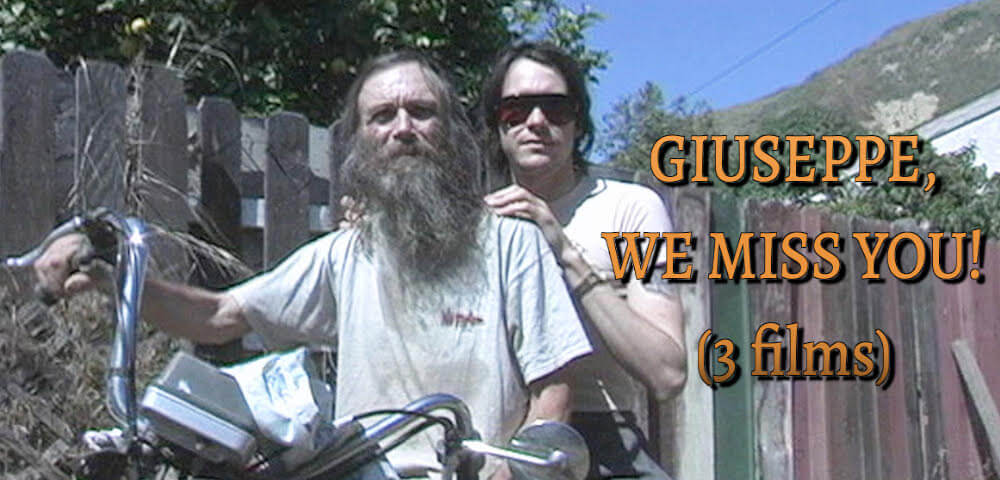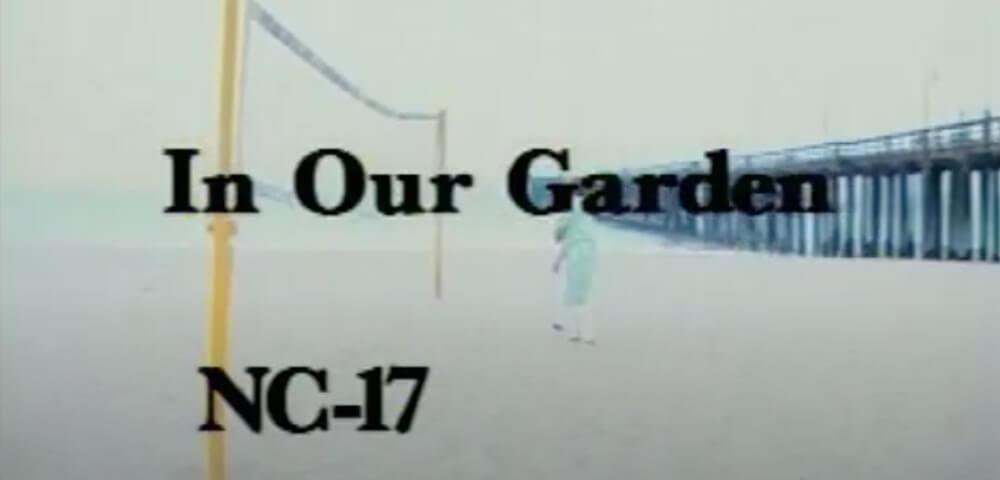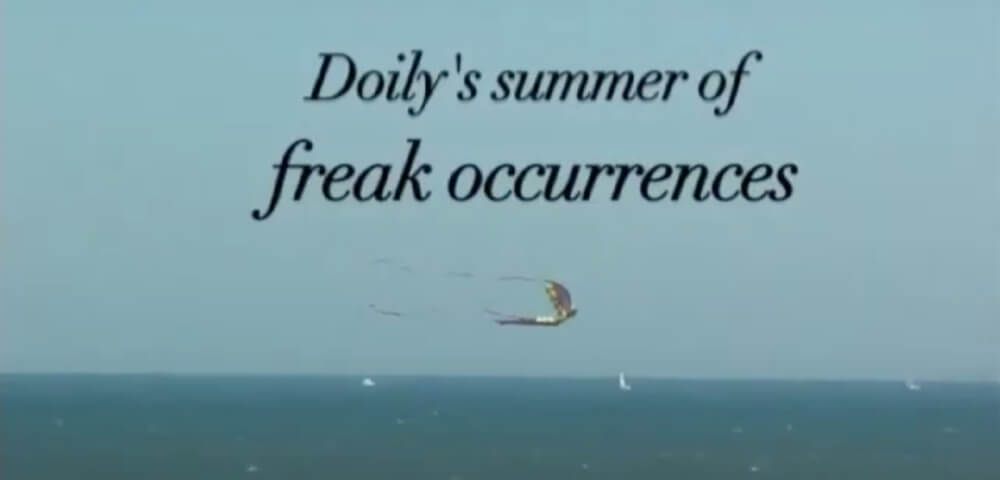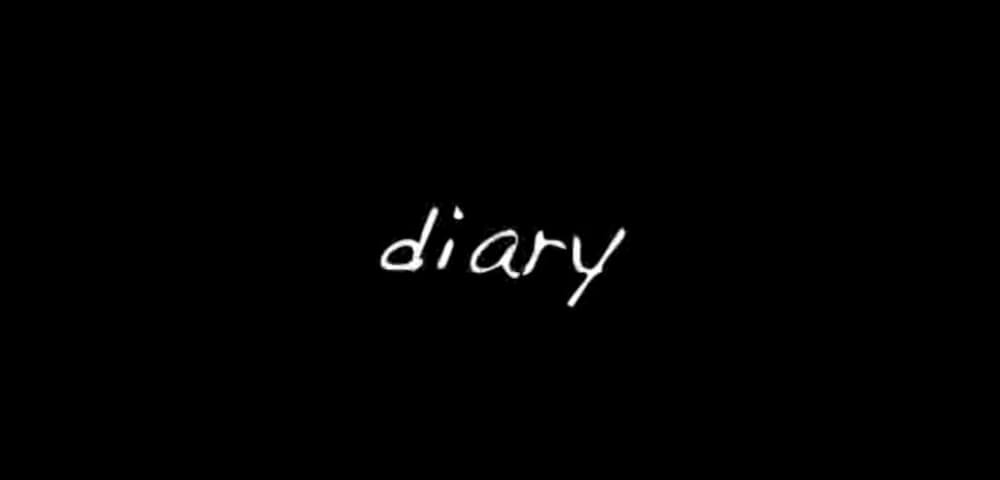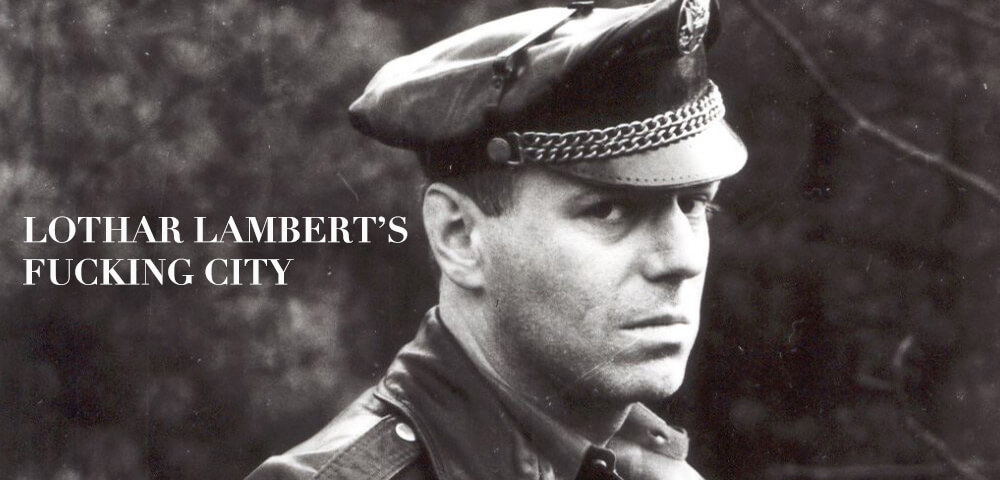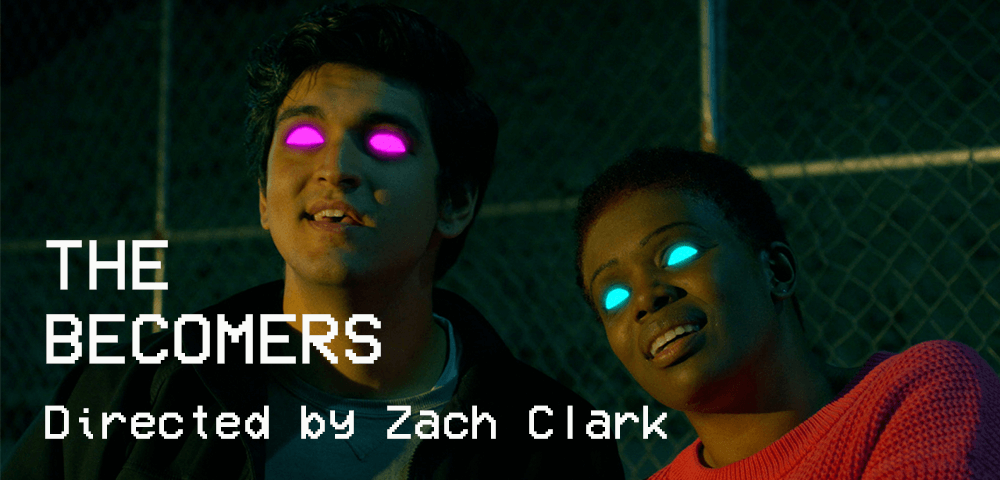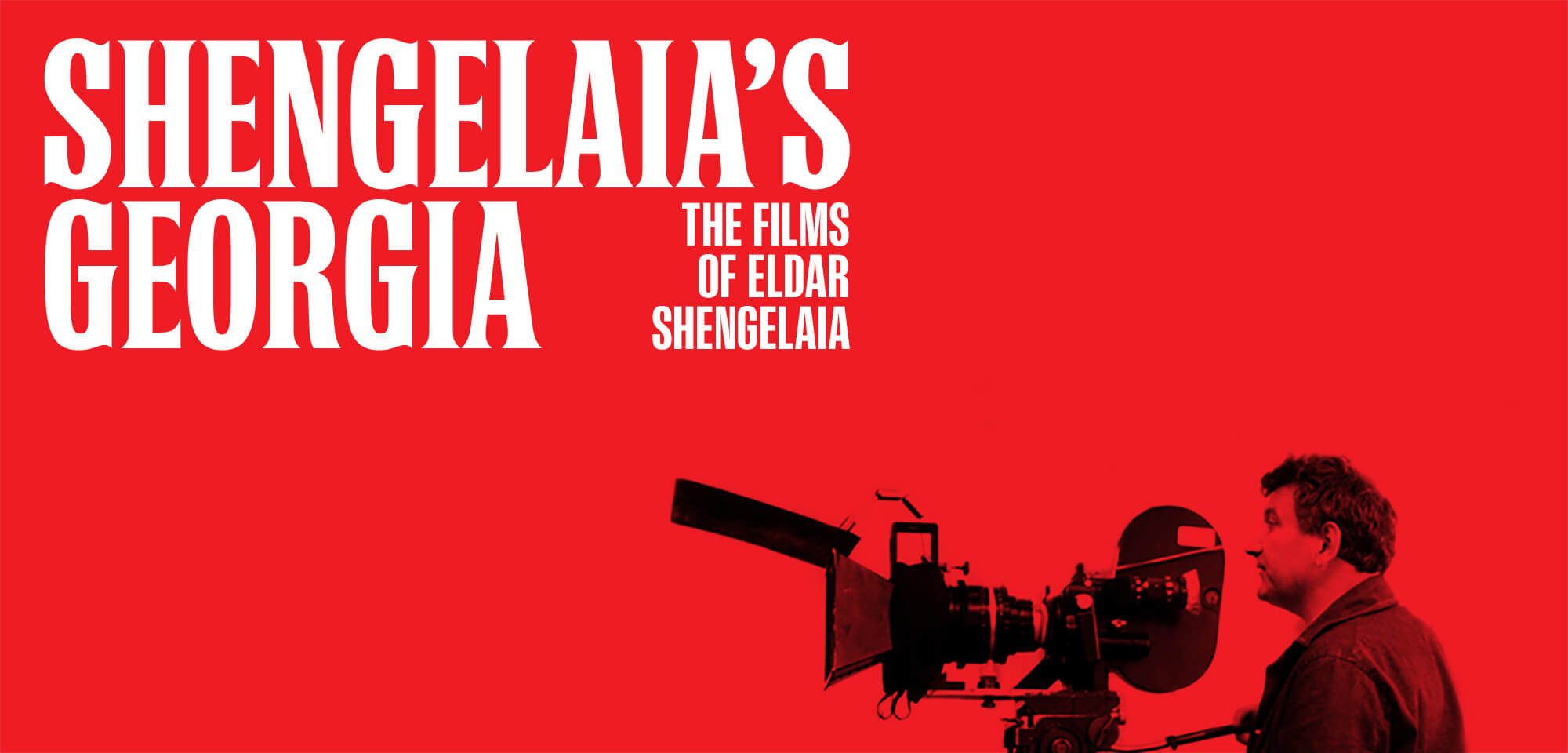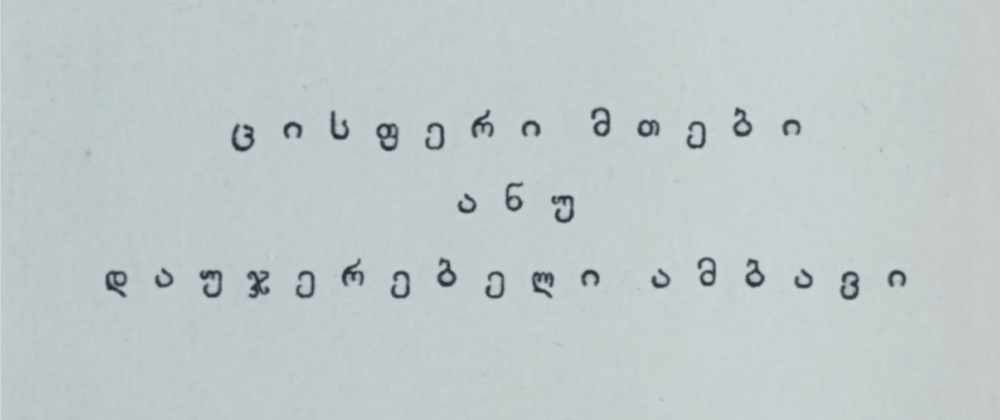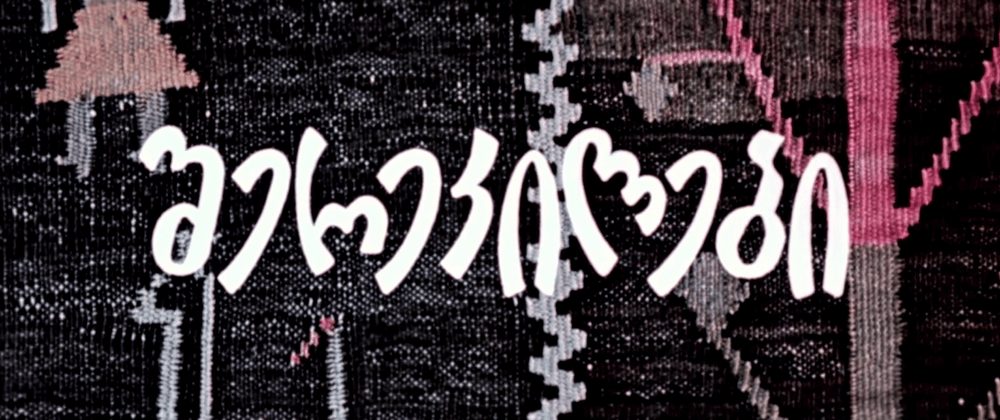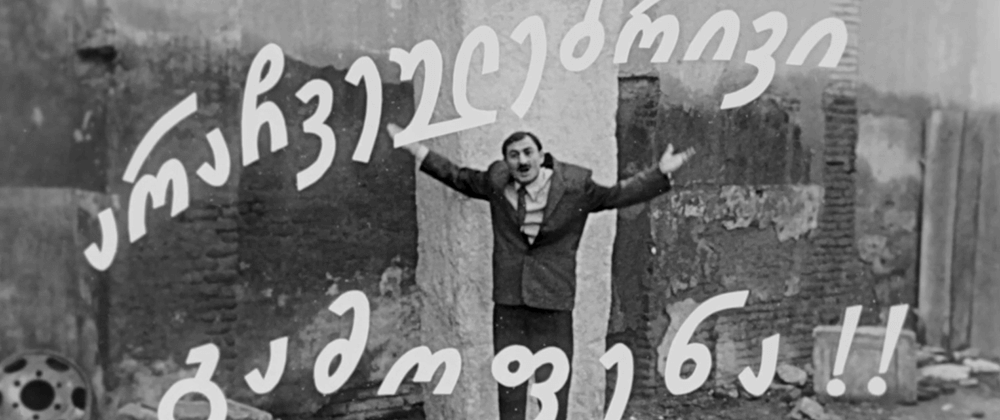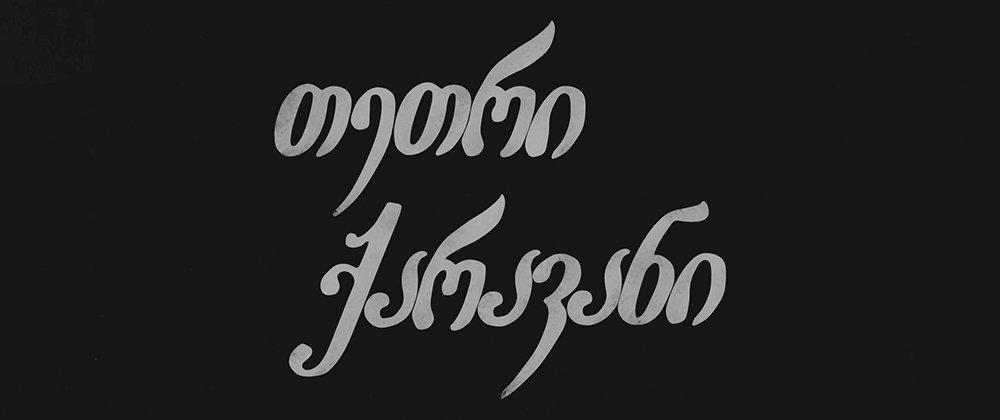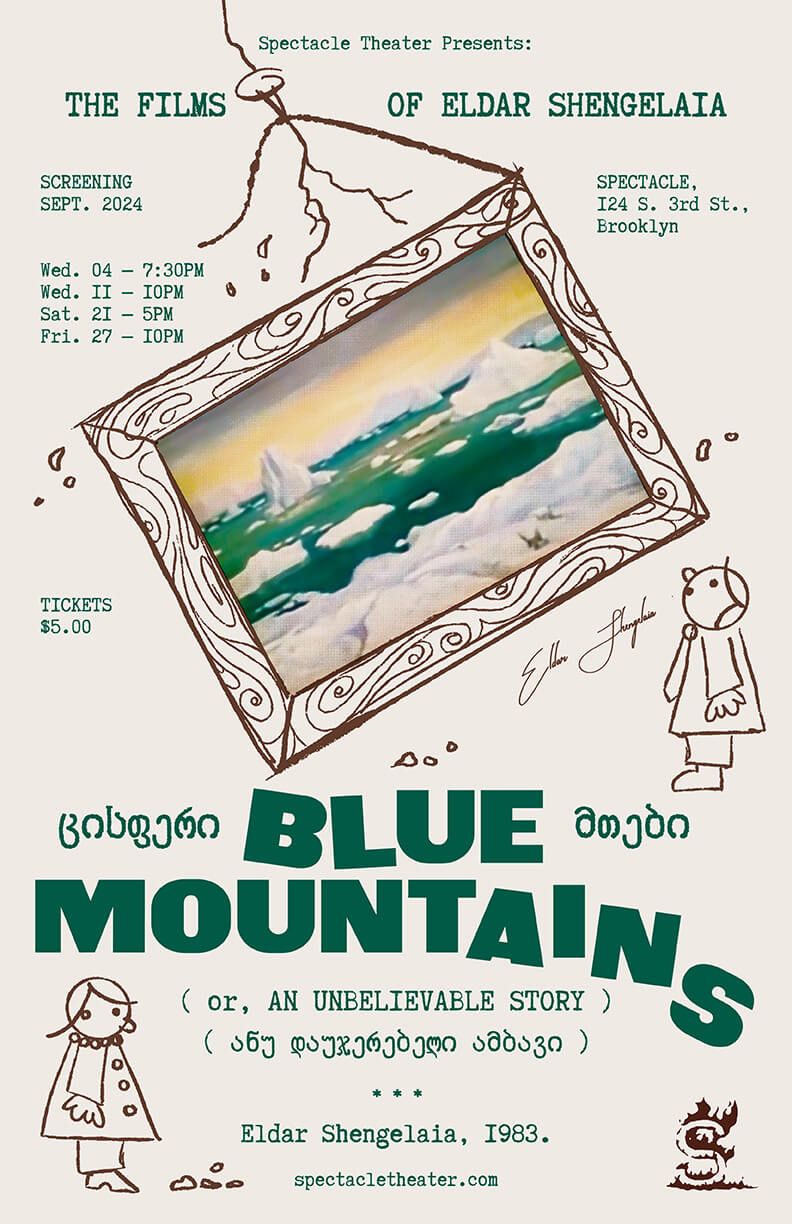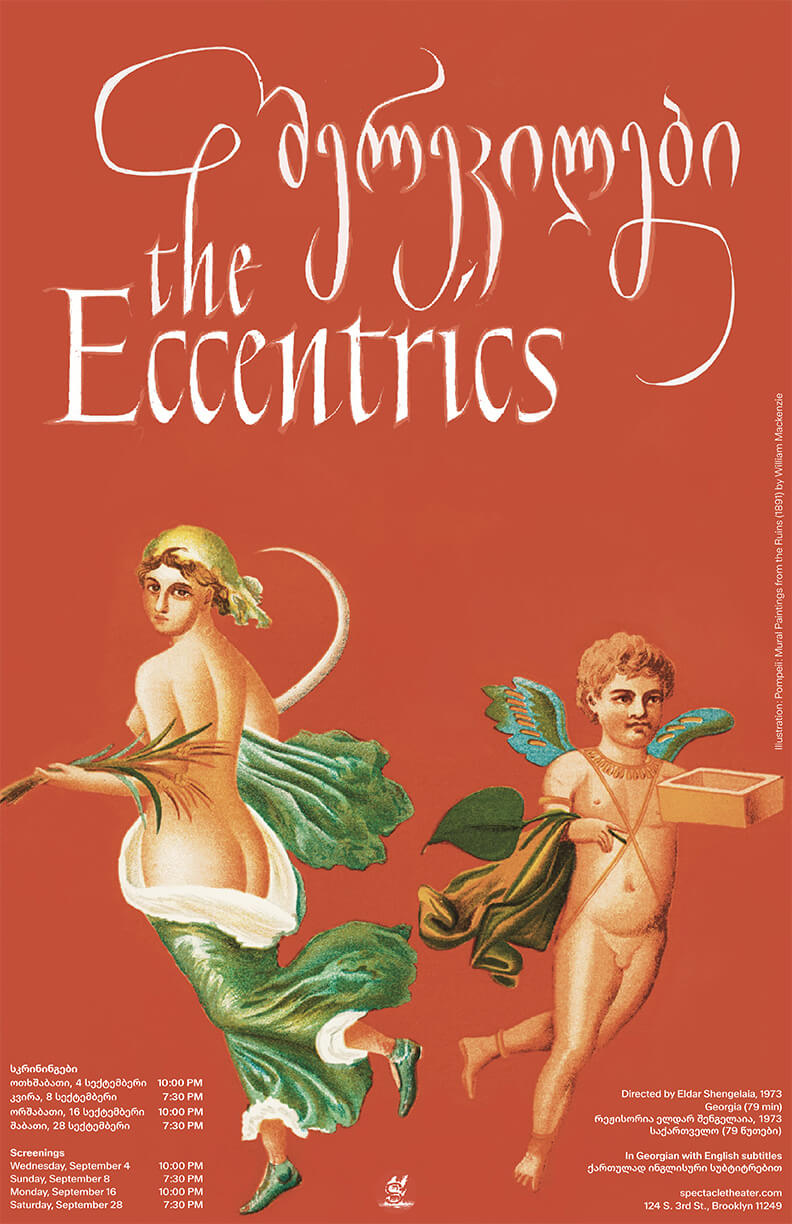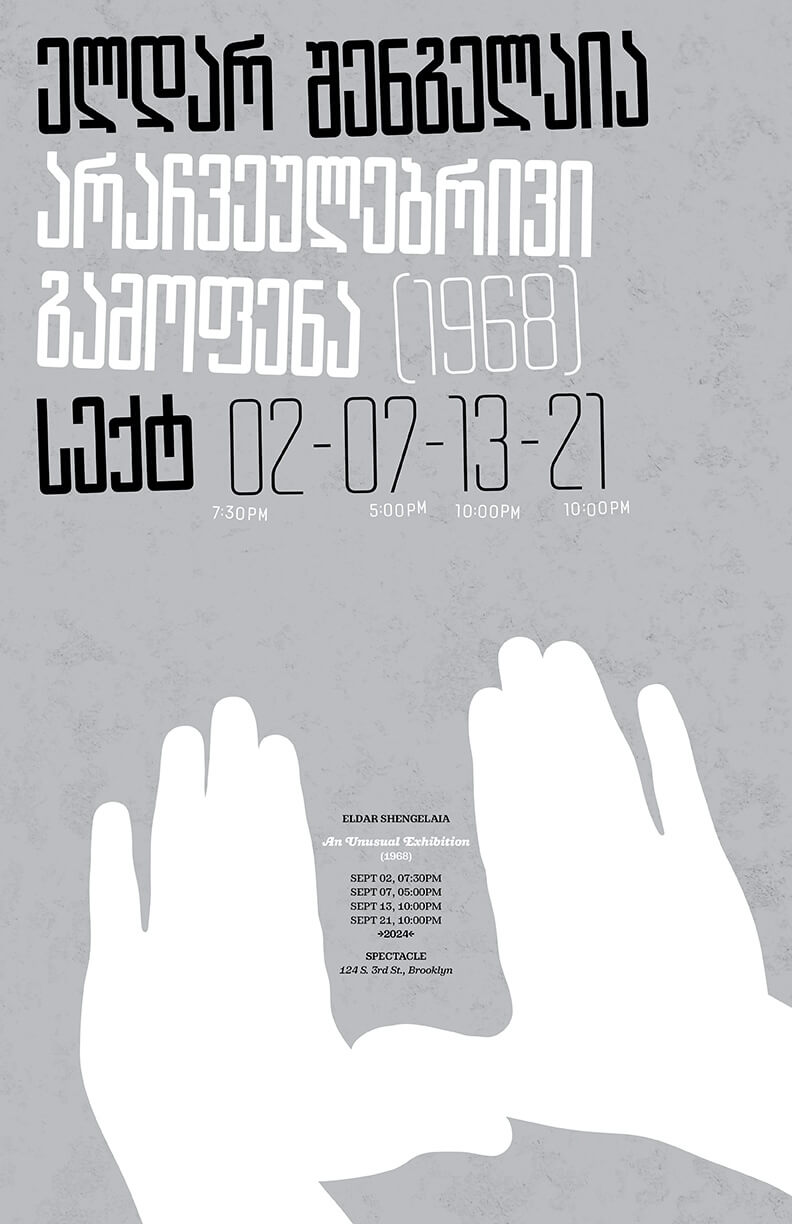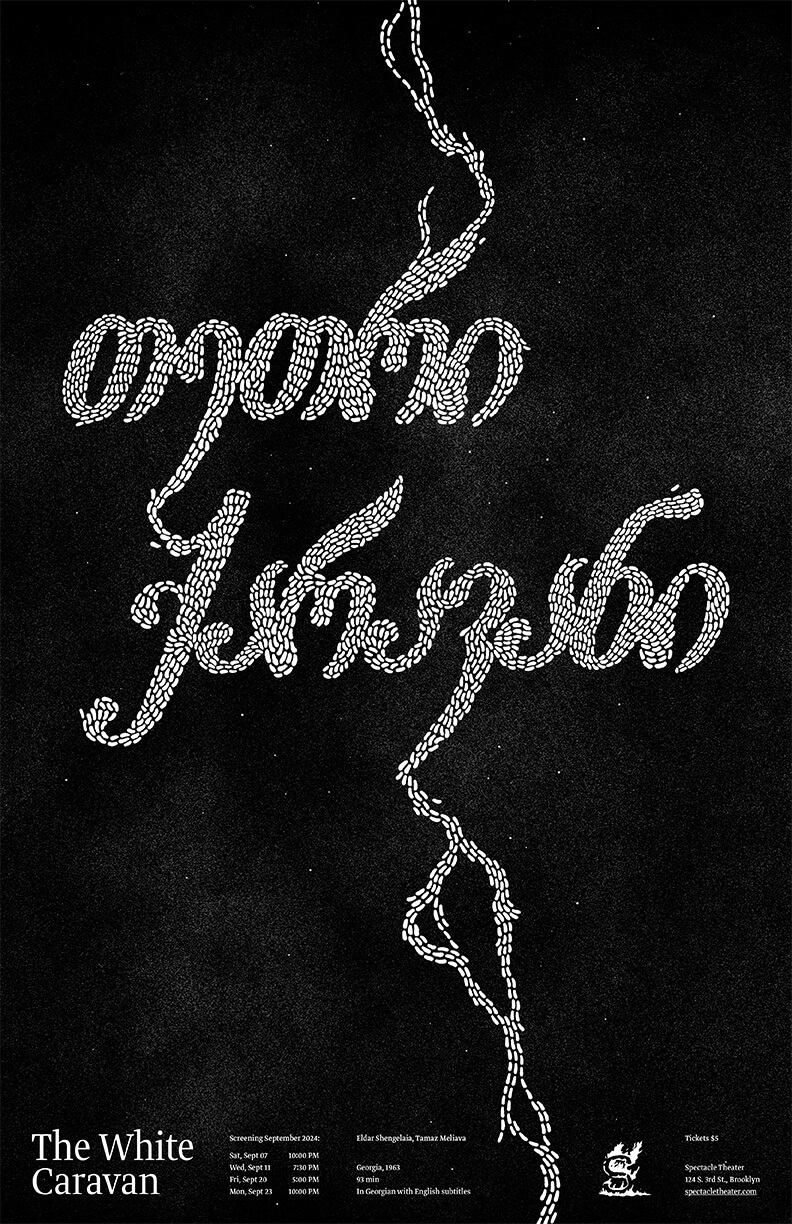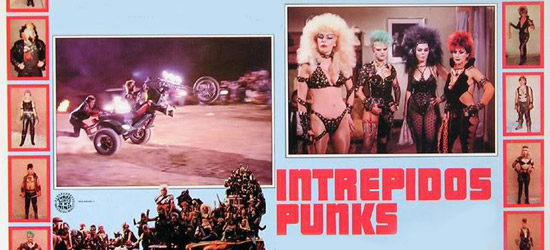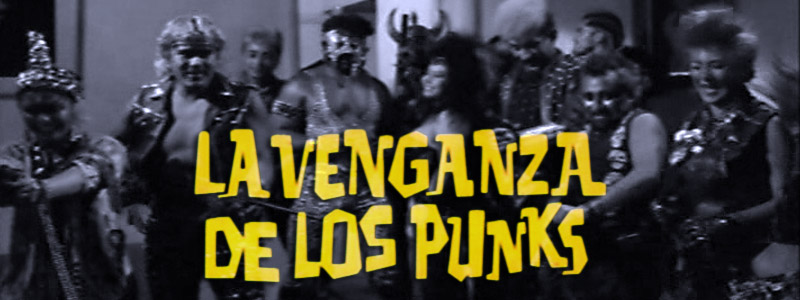
2024 marks a full decade since the release of Gareth Edwards’ attempt to memory-wipe Dean Devlin and Roland Emmerich’s misbegotten GODZILLA (1998). And despite being curiously stiff and overburdened by an ensemble of screaming A-listers, Edwards’ GODZILLA was successful enough to trigger further reexhumations like KONG: SKULL ISLAND, APE VS. MECHA APE, PACIFIC RIM, THE LAKE and 2025 ARMAGEDDON, while Japanese audiences were blessed with SHIN GODZILLA in 2016 and GODZILLA MINUS ONE in 2023, both of which took the radioactive reptile seriously in discretely breathtaking ways.
But even if kaiju season has returned to the world of cinema, the DARK KNIGHT-ification of Godzilla seems to have hit a wall in the Legendary/Warner Brothers “Monsterverse”, as each of those movies tend to feature their version of “Godzilla” onscreen for about fifteen minutes or less. Thus, it feels like a strange blessing that Gamera – giant firebreathing turtle, friend to children worldwide, and Godzilla’s most formidable competitor outside the Toho constellation of monsters – is yet to receive a full CGI makeover or, worse yet, American “reboot”. (To commemorate the half-centennial of Gamera’s debut in 1965, Gamera’s rightsholders did commission a quite promising trailer from filmmaker Katsuhito Ishii, but pulled the plug on the project thereafter.)
For these reasons, it feels like a better time than ever to reexamine the trilogy of Gamera films made by Shūsuke Kaneko between 1994 and 1999, glorious remnants of the late pre-digital era of kaiju cinema regarded by fans as some of the greatest monster films ever made.
“Kaiju films are the Japanese equivalent of American action movies… In U.S. films, the panic arises from a focused situation. For example, the siege of the building in DIE HARD. In kaiju films, this comes from a national, collective panic. Godzilla and Gamera films have the same goal: to show Japan in a panic. Toho’s way is to present Japan as an economically strong, traditionalistic country that then has inharmonious elements dropped in that disrupt the flow of order. In my Gamera films, I approach Japan from underneath, showing the people and their daily lives, and create panic from threatening that life.” – Kaneko Shūsuke, Fangoria
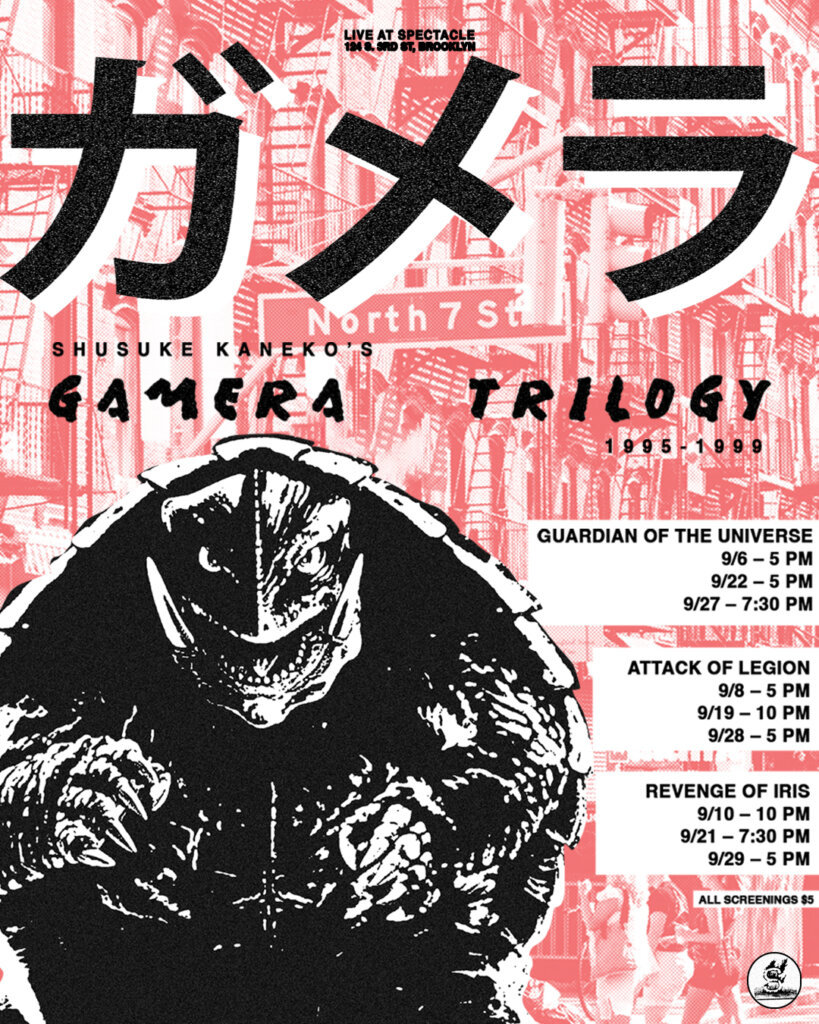
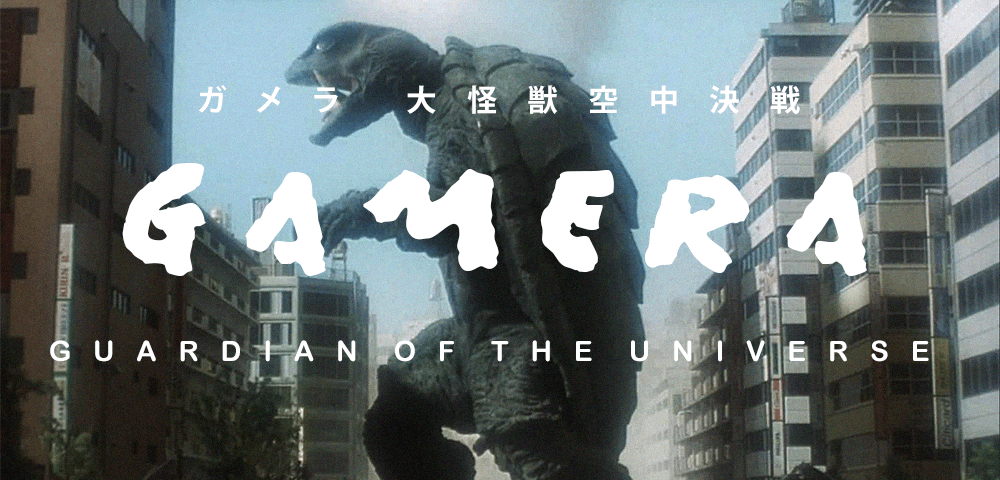
GAMERA: GUARDIAN OF THE UNIVERSE
(ガメラ 大怪獣空中決戦)
dir. Kaneko Shūsuke, 1995
95 mins. Japan.
In Japanese with English subtitles.
FRIDAY, SEPTEMBER 6 – 5 PM
SUNDAY, SEPTEMBER 22 – 5 PM
FRIDAY, SEPTEMBER 27 – 7:30 PM
A great duel of supersonic speed.
A ship runs aground on a mysterious atoll leading to an investigation by insurance representative Kusanagi, who discovers an ancient bead that he gives to his daughter Asagi. Meanwhile, ornithologist Nagamine investigates reports of a new species of large bird named Gyaos. As the Gyaos begin to attack, an ancient guardian with a bond to Asagi emerges.
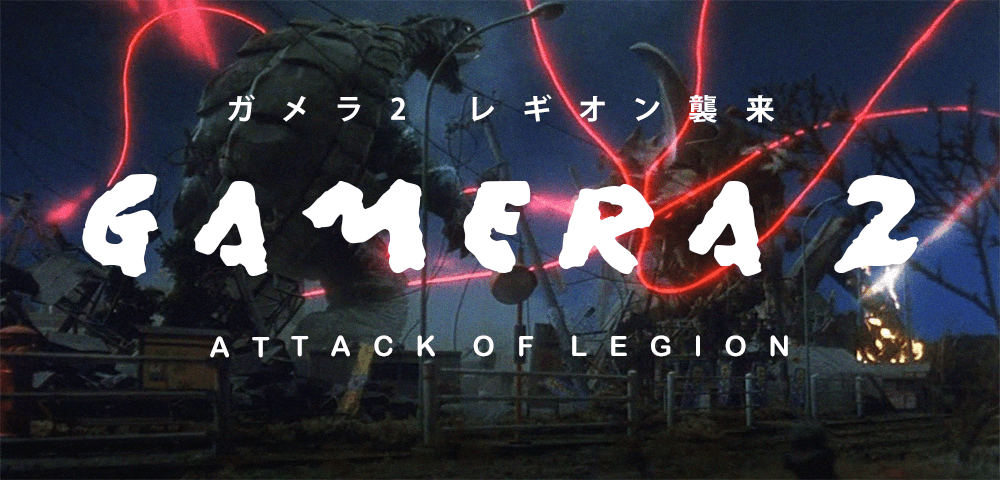
GAMERA 2: ATTACK OF LEGION
(ガメラ2 レギオン襲来)
dir. Kaneko Shūsuke, 1996
100 mins. Japan.
In Japanese with English subtitles.
SUNDAY, SEPTEMBER 8 – 5 PM
THURSDAY, SEPTEMBER 19 – 10 PM
SATURDAY, SEPTEMBER 28 – 5 PM
Who will be extinct, Japan, or Legion?
A strange meteor lands in Japan and unleashes hundreds of insect-like “Legion” creatures bent on colonizing the Earth. When the military fails to control the situation, Gamera shows up to deal with the ever-evolving space adversary. However the battle may result in Gamera losing his bond with both Asagi and humanity.
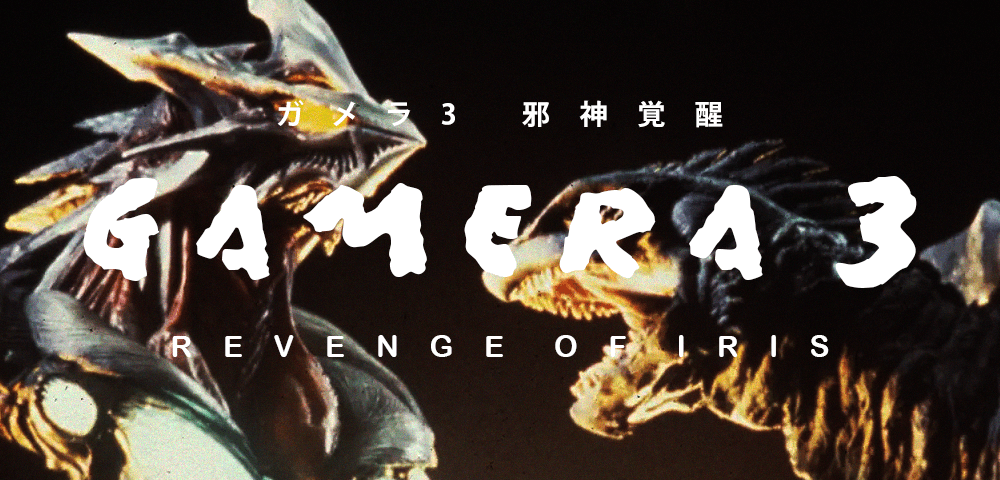
GAMERA 3: REVENGE OF IRIS
(ガメラ3 邪神覚醒)
dir. Kaneko Shūsuke, 1999
108 mins. Japan.
In Japanese with English subtitles.
TUESDAY, SEPTEMBER 10 – 10 PM
SATURDAY, SEPTEMBER 21 – 7:30 PM
SUNDAY, SEPTEMBER 29 – 5 PM
I will not forgive Gamera.
With the Gyaos re-emerging, Gamera’s ties to humanity have been severed with his bond to Asagi broken. Nagamine and Asagi investigate while an orphaned girl named Ayana discovers a new creature she names Iris. Nagamine and Asagi must reach Ayana before she takes her revenge on Gamera, who she blames for the death of her family.

